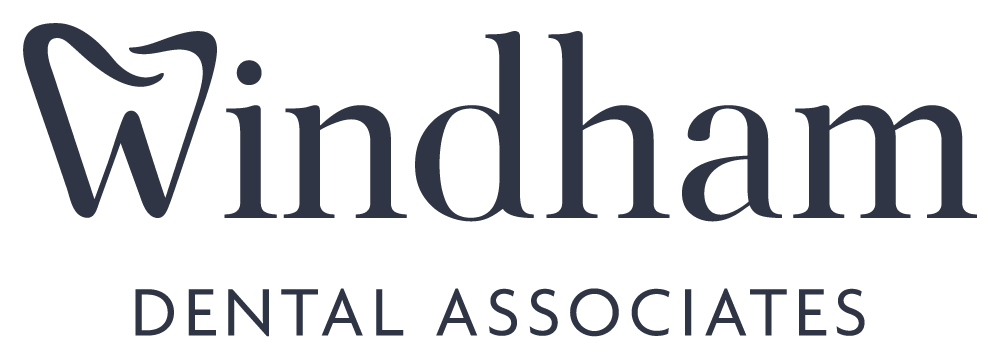General Dentistry
General Dentistry Procedures
General dentistry can be defined as any dental procedure used to restore or repair damaged and decayed teeth. At Windham Dental Associates, we offer a variety of restorative procedures that improve your dental health, your smile, and your life.
If you have unhealthy teeth that are in need of restorative procedures, or if you are unhappy with your smile for any reason, you should contact us today. Our goal is to help you experience the natural beauty of a healthy smile!
Accepting New Patients
Schedule Your Free Consultation and Meet with a Dental Expert
REquest an appointment
MORE ABOUT GENERAL DENTISTRY
Frequently Asked Questions
-
We offer a wide range of restorative procedures, including dental crowns, root canals, orthodontics, cavity removal, and tooth bonding.
-
We prefer to use local anesthetics for most of our procedures. Referrals for sedation dentistry techniques are available for those procedures requiring general anesthesia.
-
Sedation dentistry is when an oral or intravenous sedation medication is administered prior to a dental procedure. This method allows the patients to fully relax and be comfortable during their procedure, but conscious enough to respond to commands. Although patients are awake during the procedure, they rarely remember the procedure.
-
Cavity removal is done by first removing the decayed section of the tooth, and then filling the cavity in with porcelain or a composite resin.
-
It is a technical term for the procedure most people refer to as a 'root canal', which is a treatment for a tooth where the nerve has been damaged by decay or trauma.
-
Orthodontics is the practice of designing, applying, and adjusting corrective appliances, such as braces, to bring the teeth and jaw into proper alignment.
-
The number of appointments for restorative dentistry can vary. Some procedures, by their nature, require multiple visits while others may need only one. Some patients prefer fewer, longer appointments and some prefer multiple shorter appointments. You can discuss the options with your dental provider to determine which approach suits you best.
